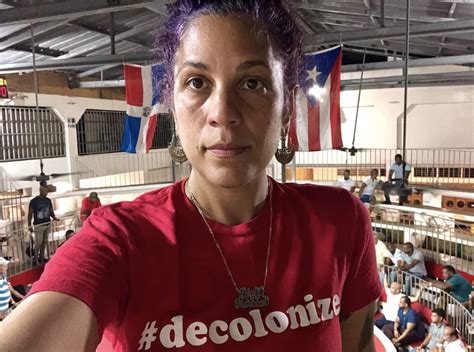A Quote by William Shakespeare
But we have reason to cool our raging motions, our carnal stings, our unbitted lusts; whereof I take this that you call love to bea sect or scion.... It is merely a lust of the blood and a permission of the will.
Related Quotes
Were I to be the founder of a new sect, I would call them Apiarians, and, after the example of the bee, advise them to extract the honey of every sect. My fundamental principle would be ... that we are to be saved by our good works which are within our power, and not by our faith which is not within our power.
Without courage, honor, compassion, pity, love and sacrifice, as William Faulkner pointed out, we know not of love, but lust. We debase our audience. But we can ennoble and enrich our viewers and ourselves in our journey through this good time, this precious time, this great and wonderful experience we call life.
The first step to this end is to develop peace and goodwill within our borders, by training our youth of both sexes to its practice as their habit of life, so that the jealousies of town against town, class against class and sect against sect no longer exist; and then to extend this good feeling beyond our frontiers towards our neighbours.
Your sect [the Jews] by its sufferings has furnished a remarkable proof of the universal point of religious insolence, inherent in every sect, disclaimed by all while feeble and practised by all when in power. Our laws have applied the only antidote to this vice, protecting our religions, as they do our civil rights, by putting all on equal footing. But more remains to be done.
The commandment of God is, that we love Our Lord in all our heart, in all our soul, in all our thought. In all our heart; that is, in all our understanding without erring. In all our soul; that is, in all our will without gainsaying. In all our their ought; that is, that we think on Him without forgetting. In this manner is very love and true, that is work of man's will. For love is a willful stirring of our thoughts unto God, so that it receive nothing that is against the love of Jesus Christ, and therewith that it be lasting in sweetness of devotion; and that is the perfection of this life.
We have more than two options. A critique of reason does not have to be a call for the return of superstition and arbitrary power. Our problems do not lie with reason itself but with our obsessive treatment of reason as an absolute value. Certainly it is one of our qualities, but it functions positively only when balanced and limited by the others.






































